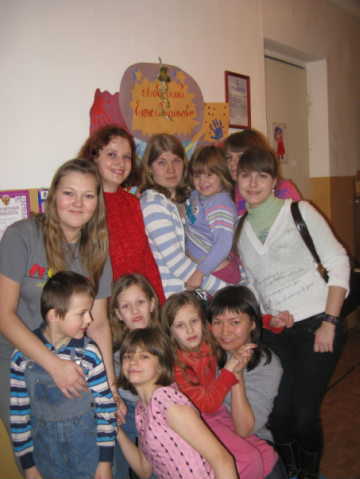Seasonal workers should be treated the same as EU nationals
The ALDE party, Press Release, 14/11/2013
![alde-logo[1]](http://eng.yabloko.ru/wp-content/uploads/2013/06/alde-logo1.png) After years of controversies, the Seasonal workers Directive is finally passing through the final phases of adoption.,The Justice and Civil Liberties Committee and the Employment Committee signed off today the agreement reached with Council last month, after two years of negotiations. This Directive presented by the Commission in July 2010 is part of the common EU labour migration policy and sets harmonised conditions of entry and residence of third-country nationals for the purpose of seasonal employment.
After years of controversies, the Seasonal workers Directive is finally passing through the final phases of adoption.,The Justice and Civil Liberties Committee and the Employment Committee signed off today the agreement reached with Council last month, after two years of negotiations. This Directive presented by the Commission in July 2010 is part of the common EU labour migration policy and sets harmonised conditions of entry and residence of third-country nationals for the purpose of seasonal employment.
ALDE spokesperson Jan Mulder (VVD, Netherlands) said: “After more than three years of negotiations, we will finally have common European rules securing legal access and better protection of migrant workers against exploitation and providing harmonised procedures to European entrepreneurs for the benefit economic growth”.
“For many years this directive was opposed out of a fear that it would lead to migrants stealing local jobs but the truth is that EU employers face a structural need for seasonal work and it is increasingly difficult to fill these posts with national workers, owing to the fact that they often consider seasonal work unattractive”.
The Commission estimates that over 100,000 seasonal workers come to the EU each year for a few months from the Balkans, Eastern Europe, Asia, North Africa or Latin America in order to harvest grapes, pick fruit or increase staff numbers in the tourist or restaurant industries. Moreover, there is evidence that certain third-country seasonal workers face exploitation and sub-standard working conditions. The seasonal workers proposal is about protecting immigrant workers who otherwise have no protection and risk ill-treatment.
The application of the directive will be extended to temporary work agencies when used by Member States to admit seasonal workers. As requested by the Parliament, the report now sets the limit of stay to a 12 month period instead of within a calendar year in order to accommodate winter seasonal workers, and in that period each Member State can fix a maximum length of stay between five and nine months. As far as sanctions in case of breach of employers’ obligations are concerned, they will be “effective, proportional and dissuasive”. Also subcontractors may face penalties.
The legislative report adopted today strengthens the effective enforcement of equal treatment, non-discrimination and decent working and housing conditions giving migrant workers the same employment rights and conditions of pay, holiday and access to social security as those of EU nationals.
“Seasonal workers often face exploitation and are regularly being discriminated against. At the same time they are essential to get the work done in certain sectors of the economy. Thanks to this new European law, seasonal workers from outside the European Union will now benefit from the same rights as EU nationals. At the same time the obligations for employers, especially with regards to providing suitable accommodation for the workers, are reinforced. The rent cannot be excessive or be automatically deducted from a worker’s wage. Moreover, seasonal workers who return regularly will benefit from certain administrative advantages, which is an important improvement. Indeed, circular migration for me is a necessary condition for a smooth management of migration flows”, said Luc Bennahmias (MoDem, France) welcoming the adoption of the agreement on the Seasonal workers Directive.
Posted: November 15th, 2013 under YABLOKO Sister-parties.









